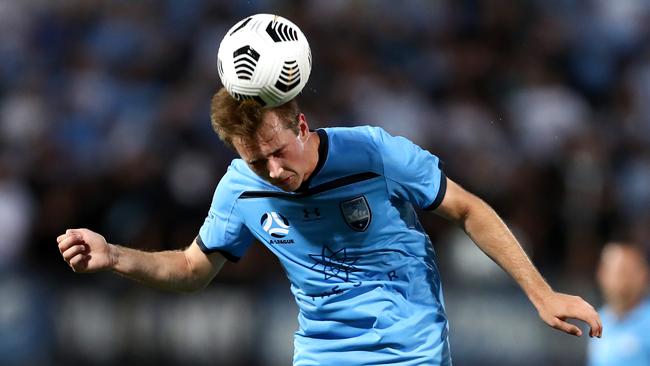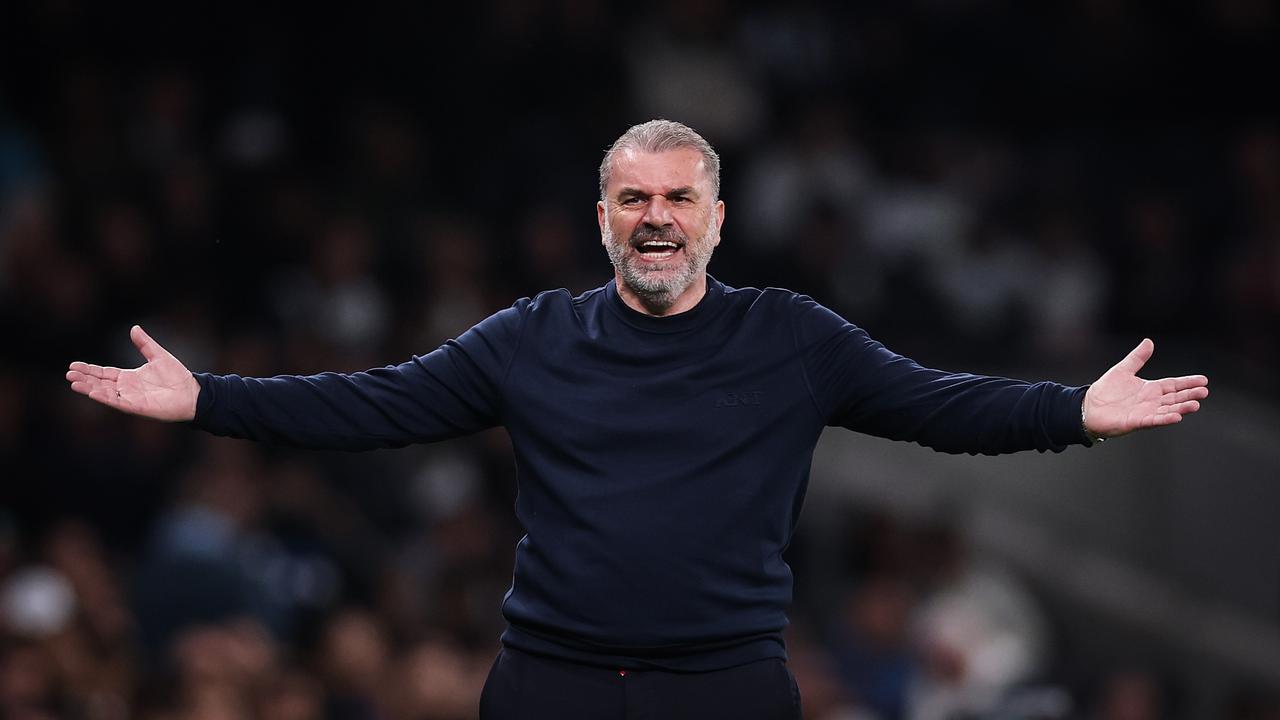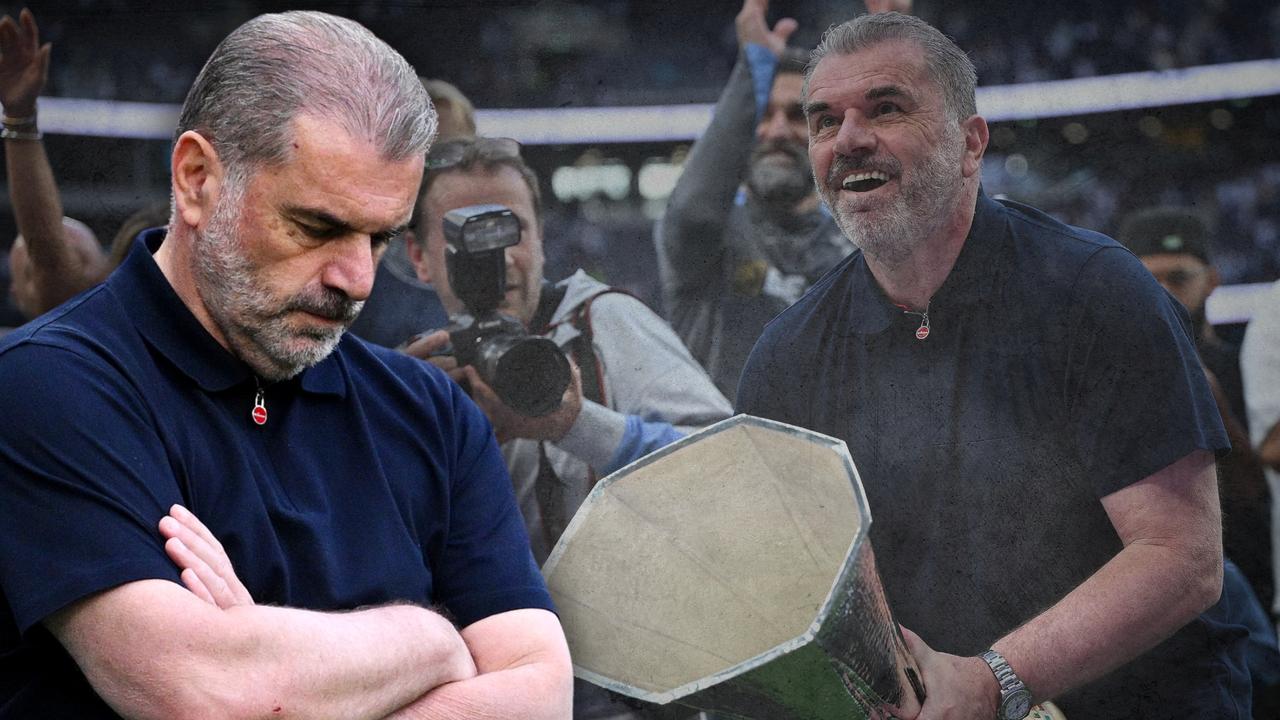Why football must ban the header
Players may not like it but the decision to ban heading in football must be taken out of their hands, says Tony Cascarino.

I am horrified by how slow football has been to react to the potential health impacts of heading the ball. The worst outcome once the digital, culture, media and sport (DCMS) select committee has heard all evidence would be for it to call for more research. We could investigate the link between heading and dementia for decades to come and discover all manner of interesting detail, but the stark facts are staring us in the face. We need action.
I have the sense that the authorities are biding their time, fearful of the financial implications after the U$S1 billion settlement to resolve lawsuits in the United States brought by retired NFL players. I couldn’t agree more with Dr Willie Stewart, who told the DCMS committee that football’s management of concussion had been a shambles.
Watch Live Coverage of The Emirates FA Cup with ESPN on Kayo. New to Kayo? Try 14-Days Free Now >
I have spoken to Dr Stewart at length about the links between heading the ball and dementia. I sought his opinion because I believe I could be a victim, that my years of heading have caused damage to my brain. When I appear on talkSPORT radio, I have in front of me a message board that lets me know what the listeners think of my analysis. I do not mind at all if they disagree with my verdict of a manager’s decisions, but it hurts a lot when someone points out that I have been slurring my words.
As I think through this piece, I find I am forgetful. I want to tell you there are two big myths stopping football from being proactive, but I can only remember one of them. I have to stroll around the garden and then, at last, I remember the second one. And so here goes.
There is a tendency to label dementia among footballers as an old problem and not one we need to worry about too much. The balls were heavier back then, people say. Today’s lighter balls are not a problem. This is such a damaging myth. We know the lighter balls cause damage, there is proof of that. The second myth involves headguards. Such protection helps when it comes to heavy blows but headguards cannot stop brain-cell damage. The brain is not rigid, it will bounce around if shaken.
Please, let us not become bogged down with the detail, with the notion that we need more investigation before accepting that heading the ball is bad for us.
Two years ago, I was reflecting on my time at Aston Villa and live on air I said what a shame it was that Jim Walker, my old physio at the club, was no longer with us. Minutes later Steve Staunton, the former Villa defender, called me and said he wanted to pass the phone over to someone. It was Walker. Fortunately, he found my declaration that he was dead highly amusing. Even more fortunately he has spent 12 years researching dementia in football. Walker wants it classified as an industrial injury and he wants today’s players protected, not just those who, like me, have retired and are starting to worry.
He is concerned about sub-concussive hits, which, in isolation, do not cause dizziness or nausea and would not be taken into account under the new concussion substitute trials, but which can lead to the same long-term damage as full-blown concussion.
The more you dig the worse it gets. Studies show that women will probably have even worse issues. Should we wait a few years for more research on that or act with common sense?
By all means, keep on researching, but not at the cost of action. We have to recognise that if heading the ball is bad for you then it should be banned.
It took me years of practice to learn how to head the ball properly. Bang, bang, bang. As we cannot let players head in competitive games without any practice at all, we have to ban heading altogether. Players may be horrified. So much of what makes the game exciting involves heading. The decision should not require a players’ vote, however. They need protection.
THE TIMES
Tony Cascarino played professional football for 20 years and represented Ireland


